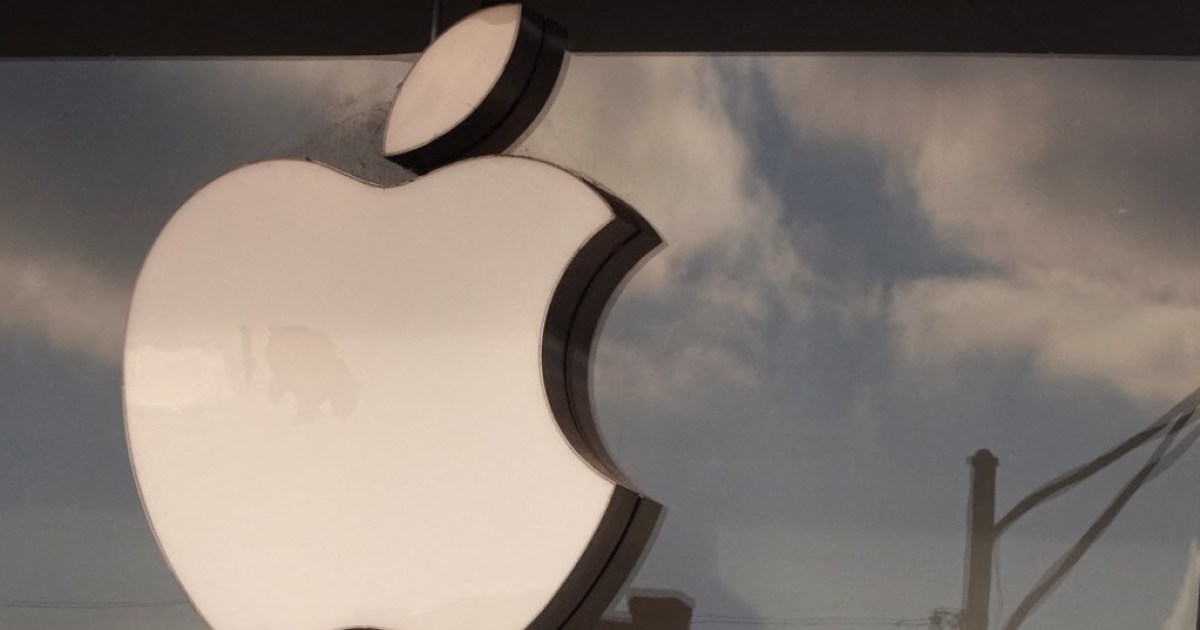The end of a months-long transatlantic privacy row has been signaled by Washington’s spy chief, which means Apple will no longer be required to grant access to American citizens’ encrypted data.
The United States’ director of national intelligence, Tulsi Gabbard, claimed on Monday that London agreed to drop Apple’s requirement to provide a “back door” that would have allowed access to US users’ protected data and “encroached on our civil liberties.”
The decision was made after months of working with the UK, according to Gabbard, who claimed it was to “ensure Americans’ private data remains private and our constitutional rights and civil liberties are protected.”
London and Washington have long-standing, joint security and intelligence arrangements that include privacy protections, according to the UK government, which it said it would not comment on operational matters.
A government spokesman said, “We will continue to build on those arrangements, and we will continue to maintain a strong security framework to keep us from pursuing terrorists and serious criminals operating in the UK.”
“We will always take all necessary domestic measures to protect UK citizens,” he pledges.
Apple did not respond to a comment request right away.
Apple announced in February that it could no longer offer advanced data protection, its highest-level security feature, in the country, leading to the UK’s downward trend in encryption.
The announcement came after The Washington Post reported that UK security officials had secretly ordered the California-based tech giant to grant users from all over the world access to cloud data. Apple did not at the time explain why.
Authorities in the UK’s Investigatory Powers Act may require businesses to remove encryption in what is known as a “technical capability notice.”
If the government doesn’t grant other firms permission, they are legally bound to keep the information confidential.
If Apple would resume providing advanced data protection in the UK, it was not immediately known.
Apple has promoted its use of end-to-end encryption as evidence of its unwavering commitment to user privacy, similar to other tech giants.
End-to-end encryption encrypts data, including data from law enforcement and tech companies themselves, to prevent third parties from reading it.
Governments have made numerous attempts to defy or bypass encryption, claiming that it shields serious criminals from scrutiny.
The attempts to weaken the technology have been condemned by privacy experts and civil liberties advocates, who claim that they pose a risk to the privacy and security of all users and violate innocent people’s rights.
The UK’s reported reversal was welcomed as a win for digital rights and safety, according to John Pane, the head of the advocacy group Electronic Frontiers Australia.
According to Pane, “If Apple were to create a backdoor to its encrypted user data, it would pose a significant risk that authoritarian and cybercriminals could use it,” according to Pane.
Source: Aljazeera

Leave a Reply